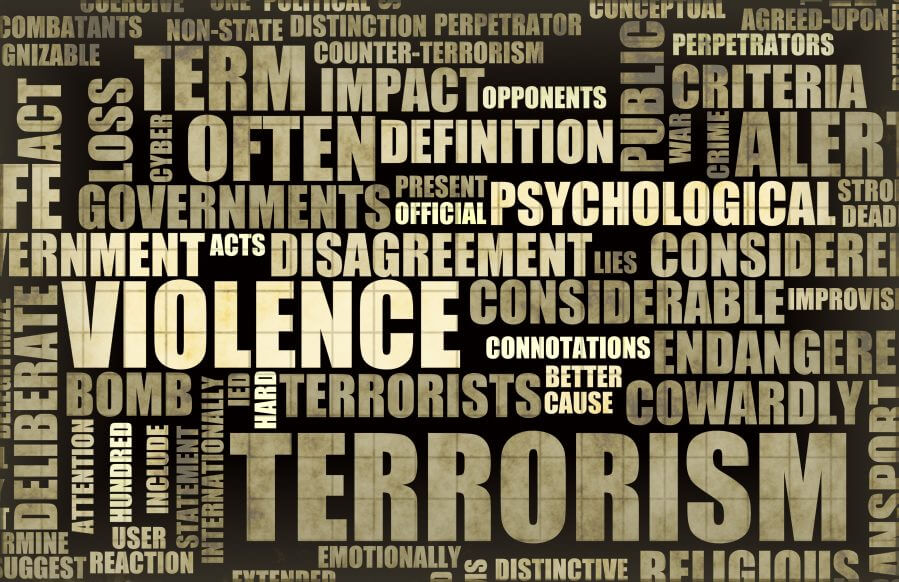Righteousness exalts a nation, but sin is a reproach to any people.
Proverbs 14:34
It was a rainy Thursday, May 3, 1787, when thirty-six-year-old James Madison stepped down from his stagecoach, the New York-Philadelphia Flier. He had arrived in Philadelphia to serve as a Virginia delegate to the Constitutional Convention. Madison battled chronic poor health, weighed barely a hundred pounds, but was about to be known as the Father of the Constitution and author of the Bill of Rights.
Rain up down the Atlantic Coast had turned dirt roads into rivers, delaying the arrival of many delegates to the Convention. So as Madison waited for a full quorum he wrote an initial draft of a constitution that would provide for limited government with separation of powers and checks and balances. His initial draft did, in fact, become the framework for a radically new form of government: “a government of the people, by the people, and for the people.”
There is a sense in which Madison had spent his life preparing for those momentous days in Philadelphia. He was a studious man who had given much of his life to the study of virtue and statecraft. After graduation he had stayed on at the Presbyterian College of New Jersey (now Princeton), to be tutored in Biblical Hebrew and moral philosophy by John Witherspoon, a signer of the Declaration of Independence.
For another two years, Madison retreated to his study to pour over crates of books sent to him from Europe by fellow Virginian, Thomas Jefferson. Madison had asked Jefferson, while in Europe, to send to him every book he found on the history of nations and government. He was eager to gain a better understanding of what would make a good constitution and government.
Once the work of creating and passing a constitution was completed, Madison knew his work was just beginning. The Constitution had to then be ratified by the states if they were to create a government of, by, and for the people. So Madison set to work with Alexander Hamilton and John Jay, to write 85 Federalist Papers in order to explain and sell the Constitution to the people.
As Madison sought to explain the workings of the Constitution to the ratifying convention for his home state of Virginia, he pleaded for virtue from the people, asking: “Is there no virtue among us?” Then Madison warned: “If there be not virtue, we are in a wretched situation.” Madison continued his plea:
“No theoretical checks–no form of government can render us secure. To suppose that any form of government will secure liberty or happiness without any virtue in the people, is a chimerical idea. If there be sufficient virtue and intelligence in the community, it will be exercised in the selection of these men. So that we do not depend on their virtue, or put confidence in our rulers, but in the people who are to choose them.”
Madison had studied the Scriptures, along with studying history and people. Everything Madison had studied led him to conclude that without virtue in the people “no form of government” can secure freedom or justice. Importantly, Madison looked not to elected rulers, but to “the people who are to choose them.” That means you and me!
As we are a nation increasingly divided we sense the stakes are high. What might Madison say to us? Can we hear him pleading with us as he pleaded with the Virginia colonists: “If there be not virtue, we are in a wretched situation.”
The wisdom of King Solomon in today’s scripture surely shows us the way: righteousness, or virtue, exalts and lifts up a nation, while sin makes us a reproach and shame to the world.
But what can I do, I’m just one person! What can you do, you’re just one person! I think that Edward Everett Hale (grand-nephew of patriot Nathan Hale) had the right idea:
“I am only one, but I am one. I can’t do everything, but I can do something. The something I ought to do, I can do. And by the grace of God, I will.”
The ‘something I ought to do’ will likely be different for each of us. But by the grace of God, we can pursue Christ-like, virtuous lives that will lift up our nation. Each one of us can make a difference!
A Fellow Traveler,
Tim



